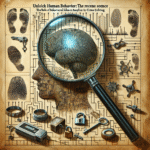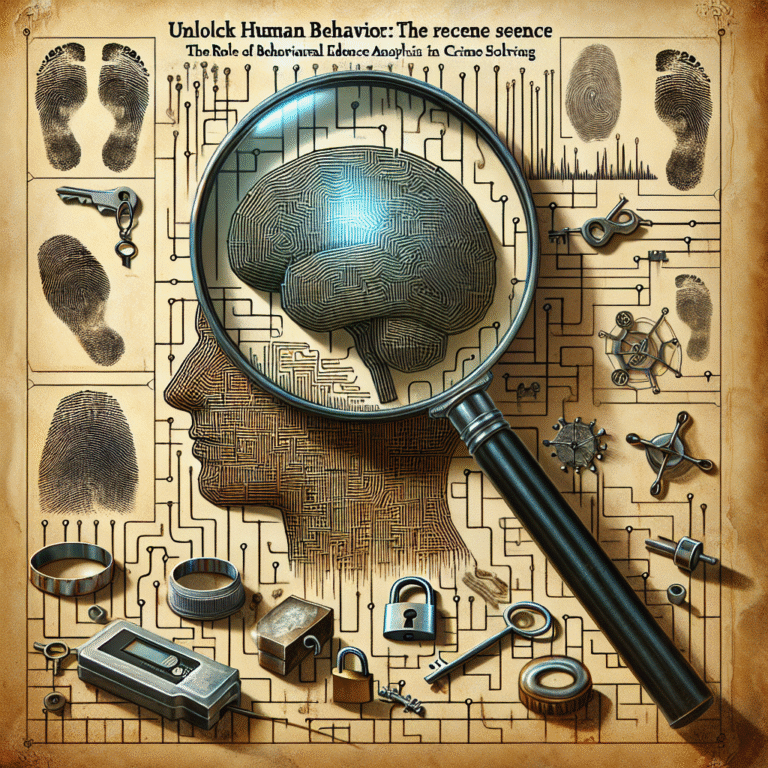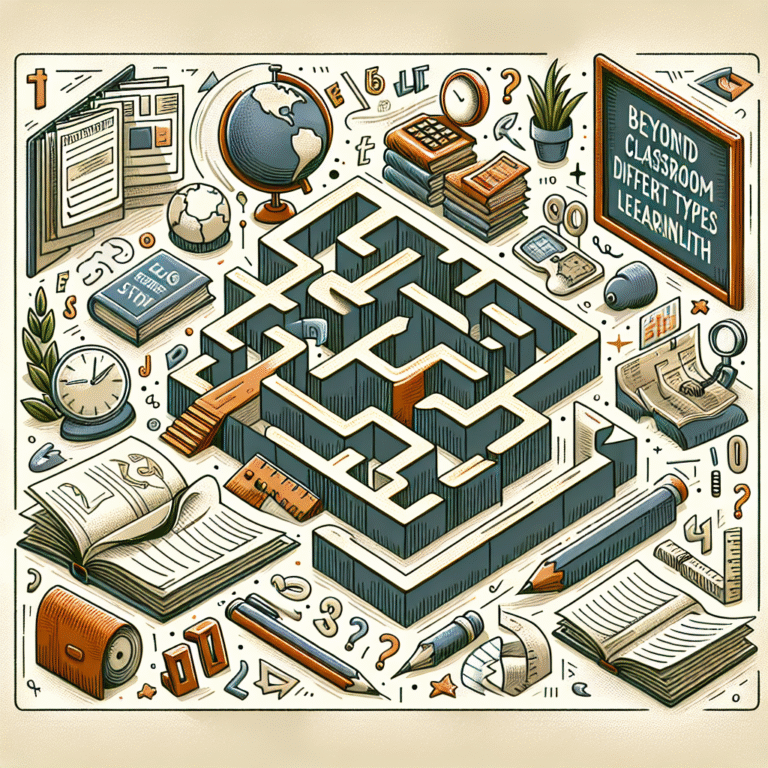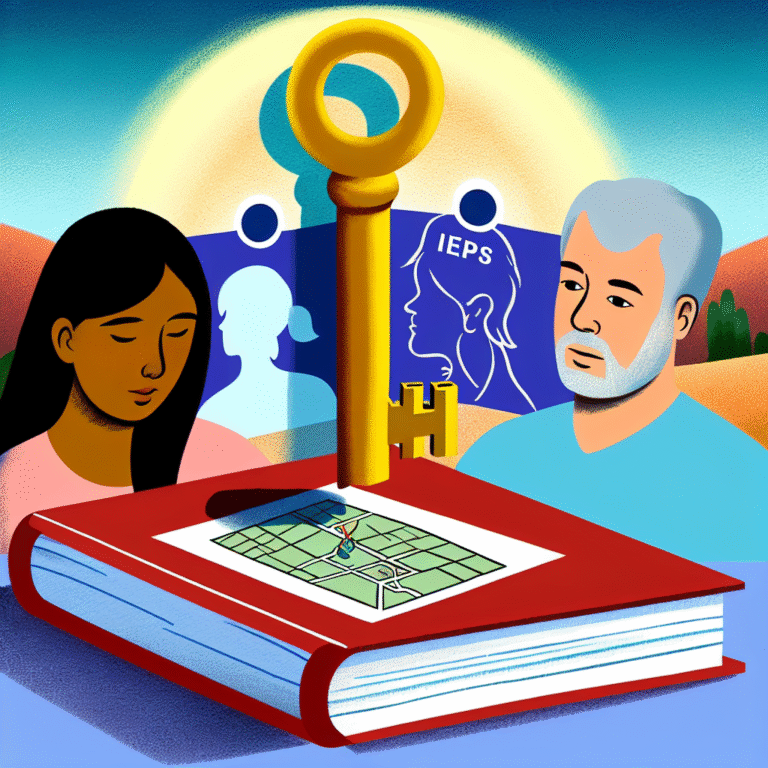
Introduction
Lying is a universal aspect of human behavior, woven intricately into our social fabric. From childhood fibs to complex adult deceptions, the act of lying is often dismissed as mere moral failing. However, a deeper analysis reveals that deception is rooted in psychological nuances that are both fascinating and perplexing. Understanding these dynamics is essential for personal relationships, professional integrity, and even societal welfare. In this exploration of The Psychology of Deception: Understanding What Makes Us Lie, we will delve into why we lie, the different types of deception, and the psychological mechanisms behind these behaviors.
Let’s embark on this journey to uncover the truths hidden within the lies we tell every day.
The Nature of Lying
What Is Lying?
At its core, lying is defined as deliberately providing false information with the intention of deceiving the recipient. This definition encompasses a wide variety of behaviors—from harmless white lies meant to spare someone’s feelings to elaborate cons that manipulate others for gain. The implications of lying can range from personal inconvenience to significant social disruption.
Why Do We Lie?
Lying serves various functions that fulfill psychological needs, which can be divided into three primary categories:
Self-Preservation: Many lies are told to protect oneself from negative consequences, whether they be social, emotional, or legal.
Social Harmony: We often lie to maintain social norms, avoid conflict, or spare others’ feelings.
- Self-Enhancement: Lies can also serve as a means to enhance our image or reputation, sometimes referred to as "impression management."
Case Study: The Stanford Prison Experiment
A poignant example to illustrate the complexities of deception is the Stanford Prison Experiment, conducted by Philip Zimbardo in 1971. Participants were assigned roles of either guards or prisoners, leading to abusive behaviors that spiraled out of control. What’s crucial to note here is that many participants distorted the truth to justify their actions, revealing how situational factors can influence moral reasoning and lead to deceptive behavior.
Relevance: This case study highlights how the environment can create psychological pressures that promote lying or deceitful actions, emphasizing that lies can often stem from one’s circumstances rather than inherent character flaws.
The Psychological Mechanisms of Lying
Cognitive Dissonance
One of the foundational theories in understanding why we lie is cognitive dissonance. When our behaviors contradict our beliefs, it creates discomfort, leading us to rationalize lies to maintain internal consistency.
Example: If a person believes they value honesty but lies about their income, they may convince themselves that the lie was necessary to avoid judgment.
The Role of Emotions
Emotion plays an essential role in our propensity to lie. Fear, shame, guilt, and the desire for acceptance can drive the decision to deceive.
Fear of Repercussions: The possibility of negative feedback can lead individuals to create false narratives.
Guilt: Some lies stem from a genuine desire to protect others—lying to avoid hurting someone’s feelings.
- Desire for Acceptance: Humans are inherently social beings, and the fear of rejection may lead individuals to embellish truths or create false identities.
Neurological Insights
Research in neuroscience has demonstrated that lying activates specific areas of the brain associated with decision-making and impulse control. Neuroscientist Read Montague’s studies indicate that the brain engages in complex cost-benefit analyses when deciding to lie.
Table: Cognitive Functions in Lying
| Cognitive Function | Description |
|---|---|
| Prefrontal Cortex | Involved in decision-making and social judgment |
| Amygdala | Processes emotions, including fear and anxiety |
| Anterior Cingulate Cortex | Coordinates conflict monitoring in moral dilemmas |
Types of Lies
White Lies
Common in social interactions, white lies are minor falsehoods aimed at protecting others’ feelings or maintaining social harmony.
Lies of Omission
These occur when individuals deliberately withhold information. Such lies can be just as damaging, as they create a false narrative through lack of transparency.
Exaggerations
People often embellish details to present themselves more favorably. This form of deception can range from boasting about achievements to stretching the truth in recounting experiences.
Malicious Lies
These are intentionally harmful lies designed to bring distress to others. The motivations behind such lies can be complex, rooted in a need for power or to undermine others.
Case Study: The Ashley Madison Data Breach
In 2015, the Ashley Madison hack exposed thousands of users supposedly seeking extramarital affairs. The ensuing scandal highlighted not just the lies individuals told to maintain dual lives but also the lengths people go to protect those deceptions.
Relevance: This case reinforces the complexities of lying and the profound effects of deception on personal relationships and societal norms.
Why Knowing About Deception Matters
Understanding The Psychology of Deception: Understanding What Makes Us Lie is crucial in various fields, including psychology, law, and conflict resolution.
In Personal Relationships
Recognizing the patterns and motivations behind lies can enhance communication and trust. Instead of jumping to conclusions, understanding the “why” behind a lie can foster empathy and dialogue.
In Professional Settings
In corporate environments, deception can manifest in myriad ways, from resume exaggerations to unethical business practices. A workplace culture that prioritizes honesty and transparency typically fosters a stronger, more cohesive team.
In Legal Contexts
Understanding the psychology of deception is crucial in legal settings. Investigators and lawyers can benefit from techniques in assessing credibility, recognizing deceptive behaviors, and understanding the motives behind lies.
Table: Impact of Lying in Various Contexts
| Context | Impact of Deception |
|---|---|
| Personal | Erosion of trust, increased conflicts |
| Professional | Damaged reputations, reduced collaboration |
| Legal | Miscarriages of justice, wrongful convictions |
The Psychology of Deception: Techniques to Recognize Lies
While understanding why we lie is essential, the next step is to recognize those lies when they occur. Here are several techniques:
Non-Verbal Cues
Research suggest that liars may exhibit inconsistent body language. For instance:
- Avoiding eye contact
- Fidgeting or shifting posture
- Overly elaborate stories with unnecessary details
Analytical Listening
Pay close attention to inconsistencies in a person’s narrative. A well-structured story may suddenly fall apart when questioned, signaling potential deception.
The Art of Questioning
Open-ended questions can reveal more than direct ones. When individuals feel cornered, they may falter or inadvertently reveal their discrepancies.
Conclusion
Understanding The Psychology of Deception: Understanding What Makes Us Lie is a profound exploration into the human condition. Lying, driven by complex psychological mechanisms, is a behavior shaped by fear, societal pressures, and emotional circumstances. Educating ourselves about these mechanisms empowers us to create environments of honesty and transparency. After all, in a world where truth can often become obscured by falsehoods, understanding the psychology behind deception can pave the way for a more genuine existence.
Actionable Takeaway
If you’re committed to fostering authentic relationships, make honesty a priority. Encourage open communication, practice active listening, and create safe spaces where vulnerability can thrive. In this journey, you’ll find that truth, although sometimes difficult, brings us closer to one another.
FAQs
1. Why do people resort to lying?
People lie for various reasons, including self-preservation, to spare others’ feelings, or to enhance their image. Understanding these motivations can help in recognizing and addressing lying behaviors.
2. Are there specific personality types that lie more often?
Research indicates that narcissistic and manipulative personalities may be more inclined to fabricate or exaggerate truths, as their motivations often align with self-gain at the expense of others.
3. How can I determine if someone is lying to me?
Look for inconsistencies in their story, changes in body language, and emotional responses that don’t match the context. Analytical listening and open-ended questioning can also reveal deceptive behaviors.
4. Is it ever acceptable to lie?
While lying is generally frowned upon, many argue that white lies used to protect someone’s feelings can be socially acceptable. However, the context and potential consequences matter significantly.
5. Can lying ever be beneficial?
Lying can sometimes have short-term benefits, such as avoiding conflict. However, in the long term, honesty often fosters greater trust and stronger relationships than deceit ever could.
In essence, The Psychology of Deception: Understanding What Makes Us Lie is not just an exploration of human behavior—it’s a call to cultivate honesty, empathy, and understanding in our daily lives.















